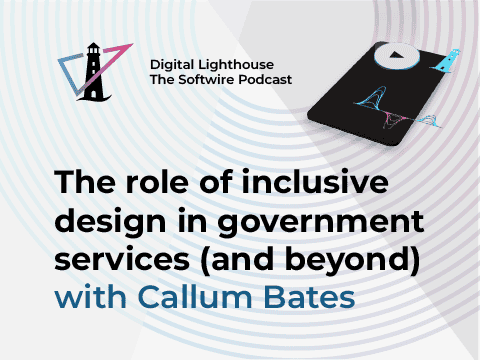
The average person today changes their job 10 – 15 times in their career and it’s never too late for a change. Almost 17% of people age 55 are unhappy at work, alongside 16% of those aged 35 – 54, so why not consider trying something new?
Transferable Skills
Technology and business may seem to have different needs but in reality, the skills are highly transferable. It can satisfy that need for a change without making you overhaul your lifestyle or go back to school. If you currently work in tech you most likely already have some of the key skills that are highly sought after in the business world. Problem-solving, technical experience – especially in Excel, efficient prioritising, project, budget and team management, are all vital competency boxes to tick for organisations looking for someone to introduce to their business team.
Networking is so important
All sounding too easy? Well, there will be a few areas you might have to work on when you transition from a tech role to a business role.
Gone are the days where being a coder meant sitting in a room alone staring at a screen. Nowadays, working in technology requires a lot more networking than ever before, but in business, the importance of this is magnified again. People skills will get you far, having these means that even if you can’t find a way to do a particular task, you will always be able to find someone who will help you.
Try going to events and talking to anyone and everyone about anything and everything. This will let you broaden your knowledge and show you why there’s no need to be nervous about telling your stories to the big wide world. By frequently interacting with others and building your confidence one to one, you should find that you will start bringing this confidence into public speaking situations too. These communication skills are useful for any role, but are particularly important if you are looking to break out from the nine to five and run your own business.
Problem Solving
Familiarisation with terminology can also be a big adjustment. The likelihood is that you probably already have the skill but don’t know how it’s applied in this industry for example, profit and loss budgeting, all this really means is making column A = column B. Take the time to look at a problem and consider how it’s similar to an area you’ve worked in before. If nothing springs to mind then you’ve found a gap to try and close, but remember sometimes the best way to do this is learning on the job and those strong people relationships should help back you up.
Look for a mentor.. more than one
Mentors can also play a huge role in shaping your career. Don’t settle for just one. Look to have multiple influencers so that you can have a grouped knowledge pool that will help you pick the right path. By casting a wider net you also have more of a chance that one of the organisations your mentors work for, or work with, will have a gap you might be able to fill.
Changing careers can seem daunting, but when it’s undertaken with a considered approach it can also be one of the most exciting professional steps to take!


